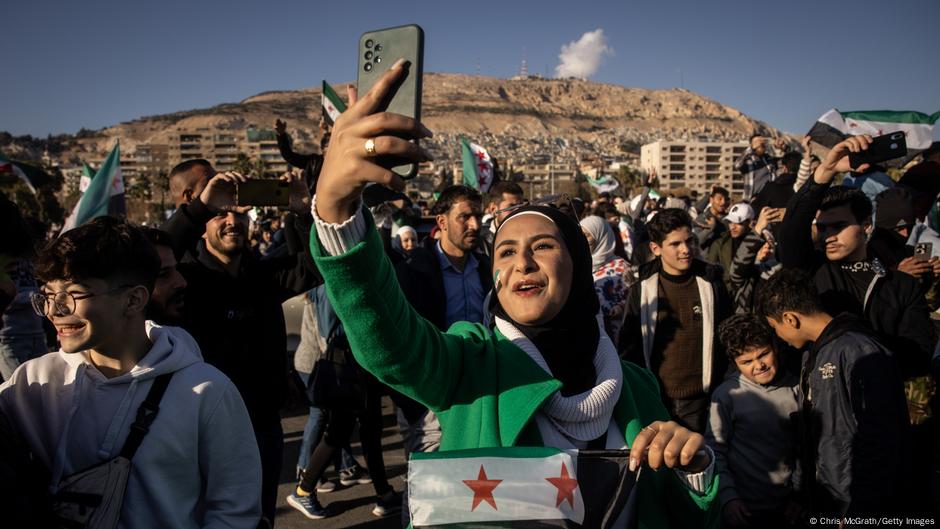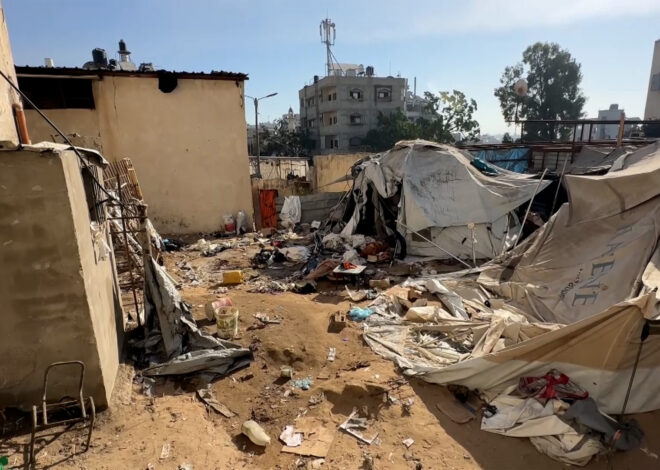
Essential Insights You Must Know for September 2025
Syria’s Upcoming Elections: Challenges and Controversies
Syria is set to conduct its first elections at the end of this month, marking a significant shift after over four decades of dictatorship and a decade of brutal civil conflict. However, the election process for a new Syrian parliament faces numerous complexities and widespread concerns.
A Complex Voting Process
In this unique electoral process, not every Syrian will cast their vote in a traditional booth, and political parties or campaign posters will be absent. Instead, voting will occur through various committees, rendering these elections “indirect.”
The interim Syrian government noted, “The reality in Syria does not permit traditional elections, given the presence of millions of internally and externally displaced persons, the absence of official documentation, and the fragility of the legal framework.”
As a result, the elections to constitute a new People’s Assembly will occur in several stages. In June, an 11-member Supreme Committee for the People’s Assembly Elections was appointed by Syria’s transitional government to oversee the election.
This committee has in turn designated electoral sub-committees in Syria’s 62 electoral districts, weighted by population, where some districts will have multiple seats.
Furthermore, district sub-committees will appoint between 30 and 50 representatives for each seat, forming an “electoral college” responsible for selecting parliamentarians.
Qualifications and Criteria for the Electoral College
The selection criteria for the electoral college members include not only educational qualifications but also “social influence” and diversity. The final group will see representation from displaced, disabled, and formerly imprisoned individuals.
Moreover, candidates must not have served in the previous regime or held a criminal record. Aiming for gender inclusivity, 20% of the electoral college members are expected to be female. The electoral college is projected to comprise around 6,000 to 7,000 members nationwide.
Controversies Surrounding Presidential Power
As of September 18, 2025, the final lists of candidates were released, allowing the public three days to submit appeals against any candidate they contest.
After vetting the electoral college members, campaigning will occur privately among them, devoid of broader public engagement. On election day, the electoral college will vote to select 121 members of the new Syrian parliament.
Security concerns have led to postponements in various regions, notably in Sweida and Kurdish-controlled areas, impacting around 19 seats for this election period.
Criticism and Potential Manipulation
Although some analysts view this electoral process as a step forward, highlighting improved consultative phases and steps to enhance women’s participation, there are significant concerns regarding the transparency and integrity of the process.
Criticism arises mainly from minority representatives and civil society groups who argue that the elections are a facade designed to legitimize the transitional government without fostering genuine democratic reform. Key figures express that presidential control over the electoral process could undermine the People’s Assembly’s independence.
The interim president, Ahmad al-Sharaa, appointed by the previous militia leadership, will still wield substantial power over a significant number of assembly members, raising concerns about genuine representation and future democratic governance.
Conclusion
As Syria approaches this pivotal moment, the elections are laden with complexities and controversies, reflecting a landscape fraught with challenges. While they may offer a semblance of progress, the long-term implications for democracy and representation in Syria remain uncertain.
Published: 2025-09-20 09:37:00 | Source: www.dw.com



